Published in 2013 by The Rosen Publishing Group, Inc.
29 East 21st Street, New York, NY 10010
Copyright 2013 by The Rosen Publishing Group, Inc.
First Edition
All rights reserved. No part of this book may be reproduced in any form without permission in writing from the publisher, except by a reviewer.
Library of Congress Cataloging-in-Publication Data
Porterfield, Jason.
How a recession affects you/Jason Porterfield.1st ed.
p. cm.(Your economic future)
Includes bibliographical references and index.
ISBN 978-1-4488-8345-5 (library binding)
1. Recessions. 2. RecessionsUnited States. 3. United States Economic conditions21st century. I. Title.
HB3716.P673 2013 330.973dc23
2012018784
Manufactured in the United States of America
Contents
Chapter 1
Chapter 2
Chapter 3
Chapter 4
Chapter 5
F or many Americans, the Christmas season of 2008 was a bleak occasion. People shopped for gifts and decorated for the holiday as usual, but the economic situation could not be completely forgotten. An economic crisis earlier in the autumn had knocked the American economy into freefall. In November 2008, the economy had shed 533,000 jobs, the largest monthly loss in decades. By the end of the year, the total number of lost jobs would be more than two-and-a-half million.
Even as family members gathered around Christmas trees and dinner tables to bask in the warm holiday glow, they could not completely avoid feeling the personal impact of the economic situation. Some family members told stories about losing their jobs or taking pay cuts. They confided about how business at their workplaces had slowed, and they were worried about the possibility of being laid off. College seniors graduating in the spring were concerned about job prospects in their field. Everybody had heard about the low sales for the Christmas shopping season, which was reflected in the smaller pile of presents under the tree.
Many Americans were angry, too, at Wall Street, big banks, and the government. The uncertain state of the economy was the result of a financial crisis. In the view of many people, financial institutions had wrecked the economy, only to be bailed out by the government-leaving ordinary Americans suffering financially. People were generally pessimistic, believing that the worst had not yet arrived. Unfortunately, they were correct. Job losses and economic decline continued into 2009. Worse, people began to lose their homes due to bank foreclosures.
The economy is constantly cycling between periods of economic growth and contraction. A recession is a prolonged period-six months or more-of economic contraction. Recessions always bring hard economic times, but the recession that lasted from 2007 to 2009 was bad enough to earn the title of the Great Recession. Statistics concerning levels of unemployment, bankruptcies, and foreclosures broke records held for decades. About 8.8 million jobs were lost. Even if hiring had rebounded strongly after the recession ended, it would have taken years to bring unemployment back down to prerecession levels. In reality, job creation remained weak long after the end of the recession, leading to long-term unemployment for many Americans.
The recession officially ended in June 2009. At that time, economic expansion began once again, marking the beginning of the recovery. Since then, economists and ordinary Americans alike have watched closely for indications of healthy economic growth. Gradually, many of the sectors of the economy that had collapsed so dramatically in 2008 began to revive. Manufacturing, including the auto industry, saw improvement. Financial markets rebounded, and corporate profits increased. Consumers began spending more freely. Conditions of the housing market remained dire, though some regions saw a slight uptick in sales. Americans, after learning hard financial lessons during the recession, began to allow themselves a little hope for a brighter economic future ahead.
.jpg)
I f youre like most people, you probably wouldnt notice the beginning of a recession. You might observe that houses in your neighborhood are taking longer to sell and wonder if it could indicate an economic slowdown. Your mother or father might mention lower profits or pay cuts and layoffs at work. Most of the time, though, such changes just reflect the normal ups and downs of business. The official starting date of a recession is not announced until many months after the fact, when the National Bureau of Economic Research (NBER) has had time to analyze the relevant economic data.
In December 2007, few people would have guessed that the global economy was on the verge of sliding into a deep recession. In some respects, the economy in the United States appeared to still be growing through the middle of 2008. However, late summer 2007 represented the beginning of one of the deepest and longest recessions in the nations history. A year later, after the collapse of several major financial firms and a dramatic stock market crash that had set off rounds of layoffs and thrown millions of people out of work, economists were able to put the pieces together and mark the precise point at which the recession started.
The Business Cycle
A recession is generally defined as six months or more of declining gross domestic product (GDP). GDP is the measure of the value of all goods and services that a nation produces. In identifying the turning points of a recession, the NBER examines a number of other important economic indicators in addition to GDP, like income, unemployment levels, industrial production, and sales. Along with a handful of other indicators, these statistics convey a clear idea of the direction in which the economy is heading.
Recessions are a normal part of the business cycle, which is a pattern of alternating economic growth and contraction. The business cycle has four phases: peak, recession, trough, and expansion. The peak is the point at which growth is the highest. After the peak, the economy contracts, resulting in a recession. The trough is the lowest point in the downturn. It is followed by a recovery characterized by expansion and renewed growth.
There have been twelve recessions since the end of the Great Depression, which lasted from 1929 to 1934. Until the Great Recession, the average length of an economic downturn was eleven months. A brief recession that began in 1980 lasted just six months. The longest was the recession that began in 1973 and lasted sixteen months. By contrast, the longest period of economic growth was the nearly ten-year stretch from 1991 to 2001.
.jpg)
The precise beginning of the Great Recession was somewhat difficult to pin down. When defining the start of a recession, the NBER looks for a decline in overall economic activity spread out over several months. In 2008, however, GDP continued to rise through the first half of the year. Stock market numbers and the job market also remained relatively stable. In looking at what had happened to spur the economic downturn that had become obvious by mid-2008, the bureau found that company payrolls had peaked in December 2007 and declined in every month since. During this same period, the real GDP also had fallen. In September 2010, the NBER announced that the recessions trough occurred in June 2009. The economy had started to recover at that point, though the recovery stuttered and stalled several times in the years that followed.

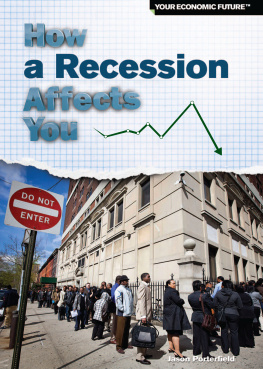





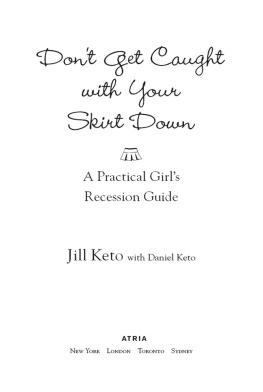

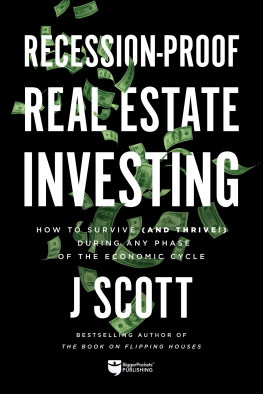
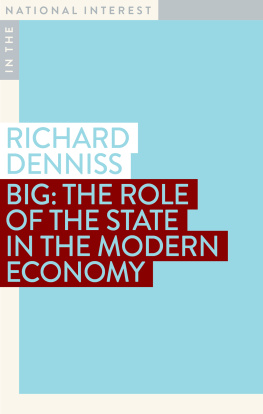
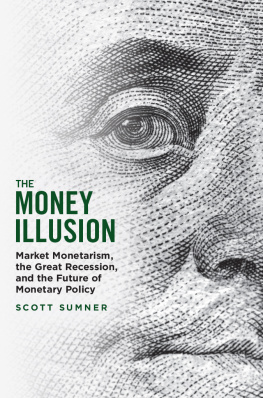
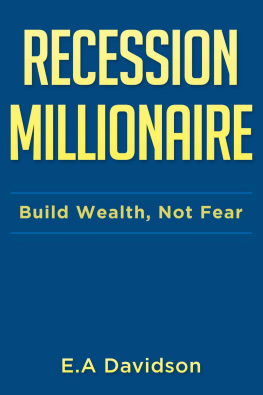



.jpg)
.jpg)
.jpg)
.jpg)